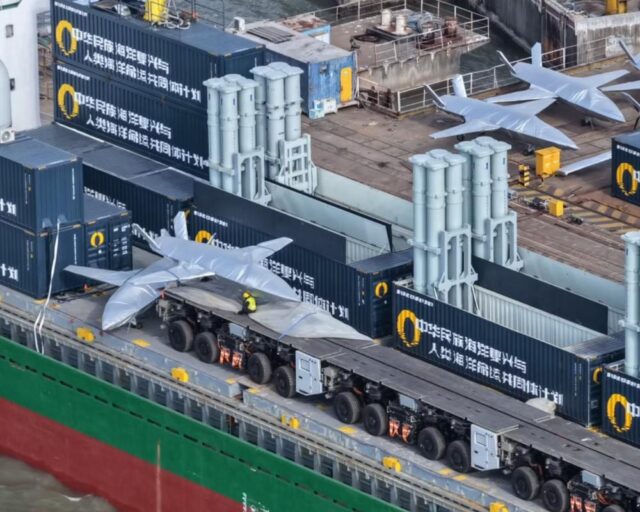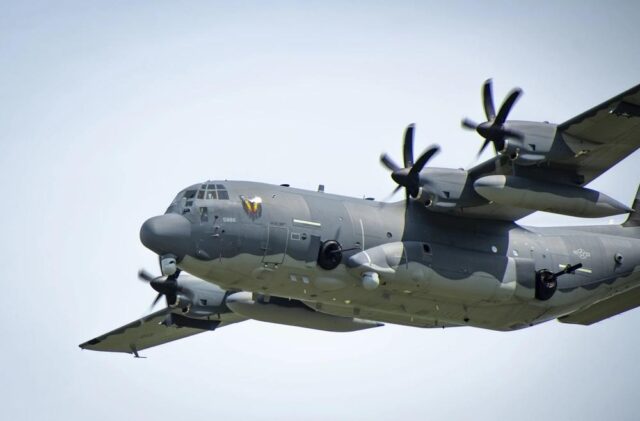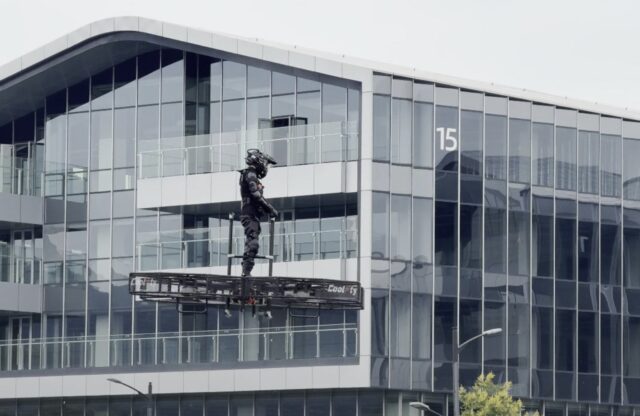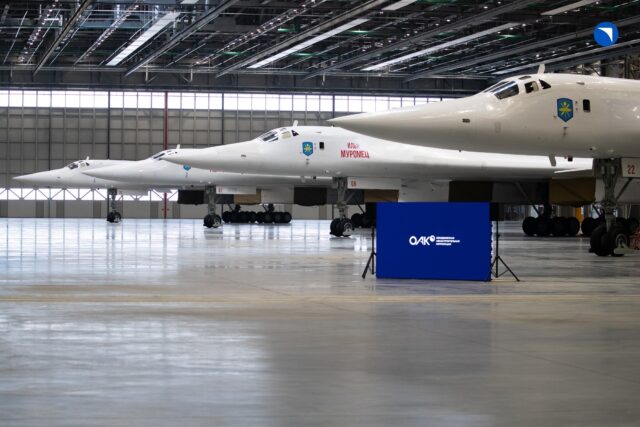FCAS 6th-gen fighter on brink of collapse as Dassault and Airbus row escalates

November 18, 2025
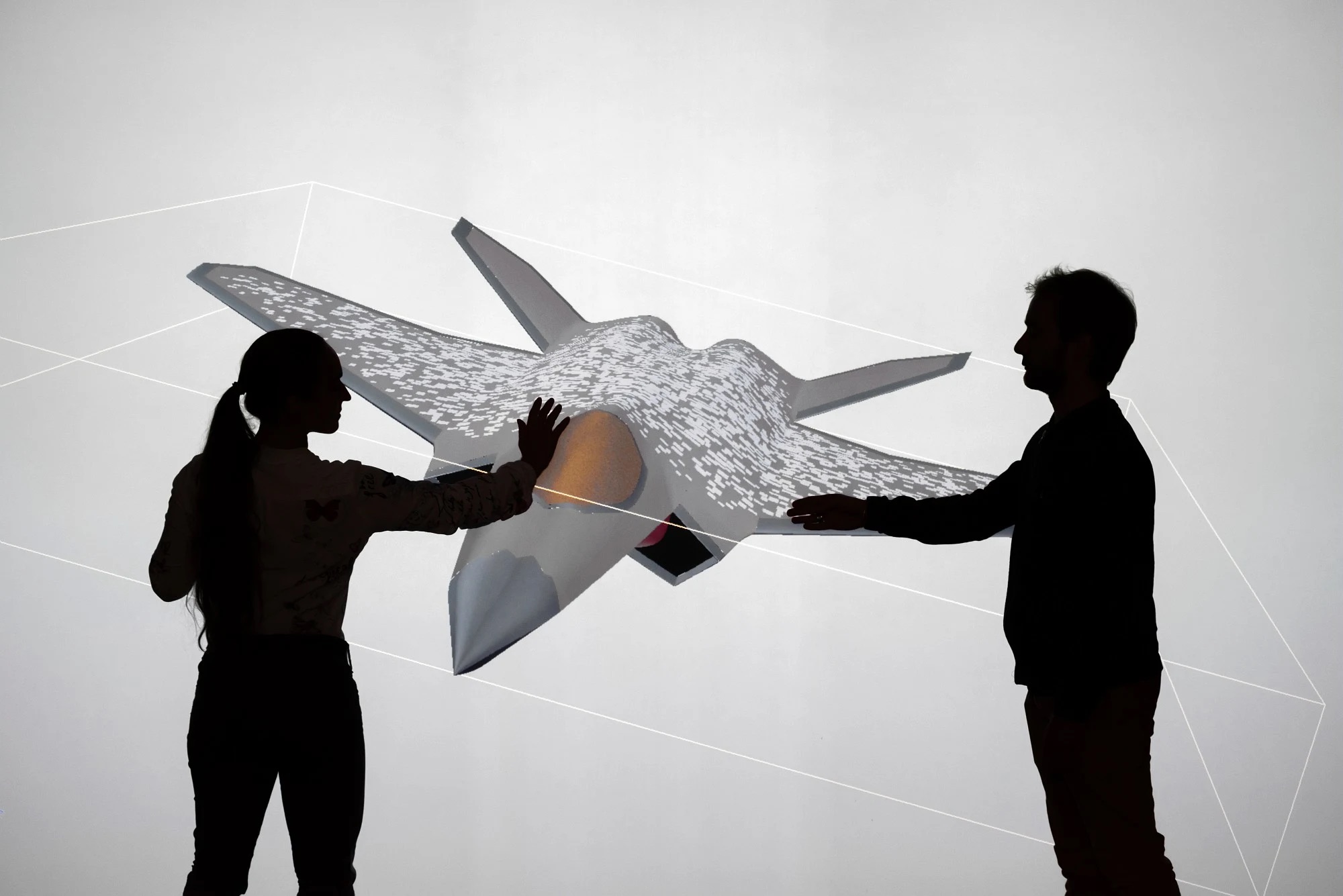
In a seeming rerun of history, France and Germany appear to be heading to a divorce on the FCAS next-generation fighter jet program. This previously happened in 1985 when France broke off from the Future European Fighter Aircraft programme and developed the Rafale, while the remaining countries developed the Eurofighter Typhoon.
France and Germany may be heading to an FCAS divorce
The Franco-German-Spanish 6th-generation Future Combat Air System (FCAS) has been on shaky ground for years now. Through 2025, disagreements between the main contractors, France’s Dassault and Germany’s Airbus, have grown louder and louder.
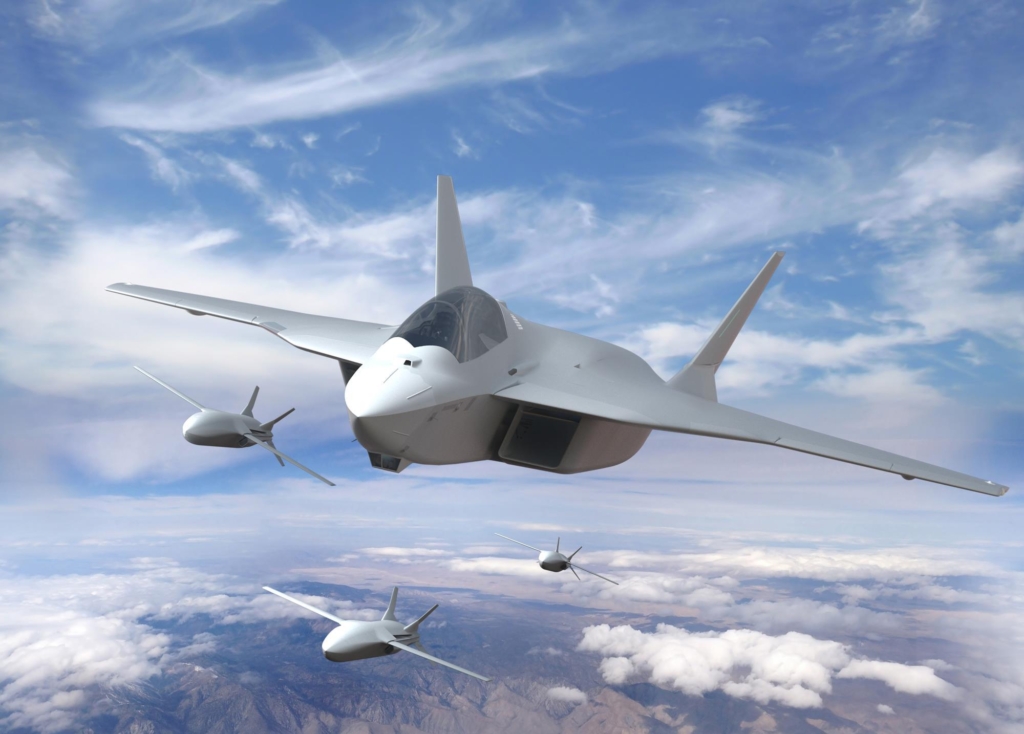
Now, a new article by the Financial Times reports the programme may indeed be heading for a breakup. The disagreements are not so much between the governments, but between the defence contractors.
Yesterday, FT wrote, “Germany and France are discussing downsizing their €100bn flagship air defence project by dropping plans to jointly build a fighter jet.” It added that the programme is on “the brink of collapse.”
Instead, the two powers would downsize their cooperation to focus on developing a command and control system dubbed the “combat cloud.” This would be a consolation to preserve some cooperation between the two countries.
At #ParisAirshow, we're showcasing the latest scenarios of #FCAS alongside our partners. Discover the Multi Domain Combat Cloud (MDCC), Remote Carriers, NGF operating with the #A400M, the #A330MRTT, and the satellites that will power the multi-domain operations of tomorrow. pic.twitter.com/NVkzVBFVNf
— Airbus Defence (@AirbusDefence) June 20, 2023
A cloud would link fighter jets and their pilots to sensors, radars, drones, and other systems. It would aim to enhance the capabilities of EU militaries by using artificial intelligence. The idea is that, while there may be multiple European fighter jets, there would be one cloud system for all of them.
There are also discussions to speed up this “combat cloud” from 2040 to 2030.
An FCAS marriage held together by the ‘children’
The Financial Times quoted Carlo Masala at the Bundeswehr University Munich as saying the plan is tantamount to parting ways without officially calling it a divorce.

He said, “It’s like a married couple who have decided to get divorced, but only once the children have left home.” Another person familiar with the matter said there is no more trust between Dassault and Airbus, with both accusing the other of breaching terms.
A French banker close to the situation told the Financial Times, “The only salvation for FCAS now is if Macron twists Trappier’s arm.” He added, right now, the “deal is totally immobilised and close to dead.”
Germany is quietly shifting away from the troubled Franco-German FCAS fighter program and building its own alternative, the Combat Fighter System Nucleus (CFSN).
— Clash Report (@clashreport) November 13, 2025
Source: Defense Archives pic.twitter.com/taJx3veeb0
At the core of the issue is France’s long-standing desire for strategic autonomy. Historically, it has developed most of its military systems alone, retaining control of the supply chain, export controls, and more. Strategic autonomy is also why France has so many nuclear power plants.
The fate of FCAS will need to be decided soon, as work on a demonstrator aircraft is expected to begin at the end of 2026.
Get the latest aerospace defence news here on AGN.
What does a ‘Franceless’ air combat system look like?
If FCAS does fall apart, it is expected that France’s Dassault would go alone and independently develop a next-generation fighter. Dassault chief Eric Trappier has already stated that Dassault is willing and able to develop the aircraft alone.

It is unclear what will become of Spain, which appears to be a virtual bystander. The country could continue cooperation with one of the two countries. Another possibility is turning to the F-35 programme (including a future Block 5 upgrade), although that is something Spain has dismissed.
The big question is what will Germany do? One possibility is to join the UK-led GCAP programme. While the UK has signalled some willingness to let Germany join, Japan appears much more reluctant.
It is also too late for Germany to join GCAP as an equal industrial partner, meaning its contributions would be reduced and it would have less say over the program. The divisions of worksharing have already been ironed out, and the first demonstrator is in building.
See how GCAP is fostering close collaboration between the UK, Italy and Japan to deliver world-leading future combat air capability ✈️
— BAE Systems Air (@BAESystemsAir) November 12, 2025
Discover the latest Global Combat Air Programme news here 👇https://t.co/owuTw79oys pic.twitter.com/tm1TnYbiaM
There is a discussion of Germany going alone or pairing up with Sweden. Sweden is also looking into options for a next-generation fighter to replace the Gripen.
Finally, it needs to be emphasised that FCAS is not (yet) dead, and Paris and Berlin may yet find a way to bang Dassault and Airbus heads together and get them to sort their differences out.
Featured image: Dassault Aviation
